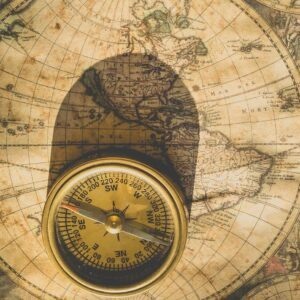Conservatism is one of the three primary political ideologies, along with liberalism and socialism. The term originates in the early 19th century in France. However, in 1834, the first conservative party was founded in the United Kingdom. Widely viewed as the father of present conservatism is the Irish philosopher and economist Edmund Burke.
Conservatives believe in the rule of law, tradition, hierarchy, personal responsibility, and private ownership. Commonly, conservatism partners with right-wing politics. Hence, it advocates for a smaller government. In fact, the government should serve the people, not rule them.
Moreover, unlike other ideologies, it does not view an individual to be perfect. Therefore, Conservatives oppose the utopic ideas of Paradise on Earth. This notion points to the Original sin. Since disrupting the balance in society is dangerous, reforms should only be subtle.

Their thinking behind preserving is simple. Because time has tested given practices, there is no reason to change them. Nonetheless, this does not mean that they oppose all change. Unlike popular belief, defining conservatives as blind to change is false. In other words, practices should evolve gradually, not instantly.
An essential trait of this ideology is a hierarchy. According to conservatives, a hierarchal structure is natural. For that reason, they disregard social equality. They believe that every social role and rank has its specific reason. Similar to hierarchy, conservatives also believe that authority is natural. However, it should not be absolute.
Lastly, conservatism links to time and place. Thus, it defends practices and ideas in a certain period and location. Conservatives elsewhere and in different times can vary.
Forms of Conservatism
Social
Liberal conservatism
National
Traditional
New conservatism and neoconservatism
Fiscal
Key Figures
Edmund Burke, Irish philosopher
Ronald Reagan, 40th president of the USA
Margaret Thatcher, UK Prime minister
Roger Scruton, British political scientist

